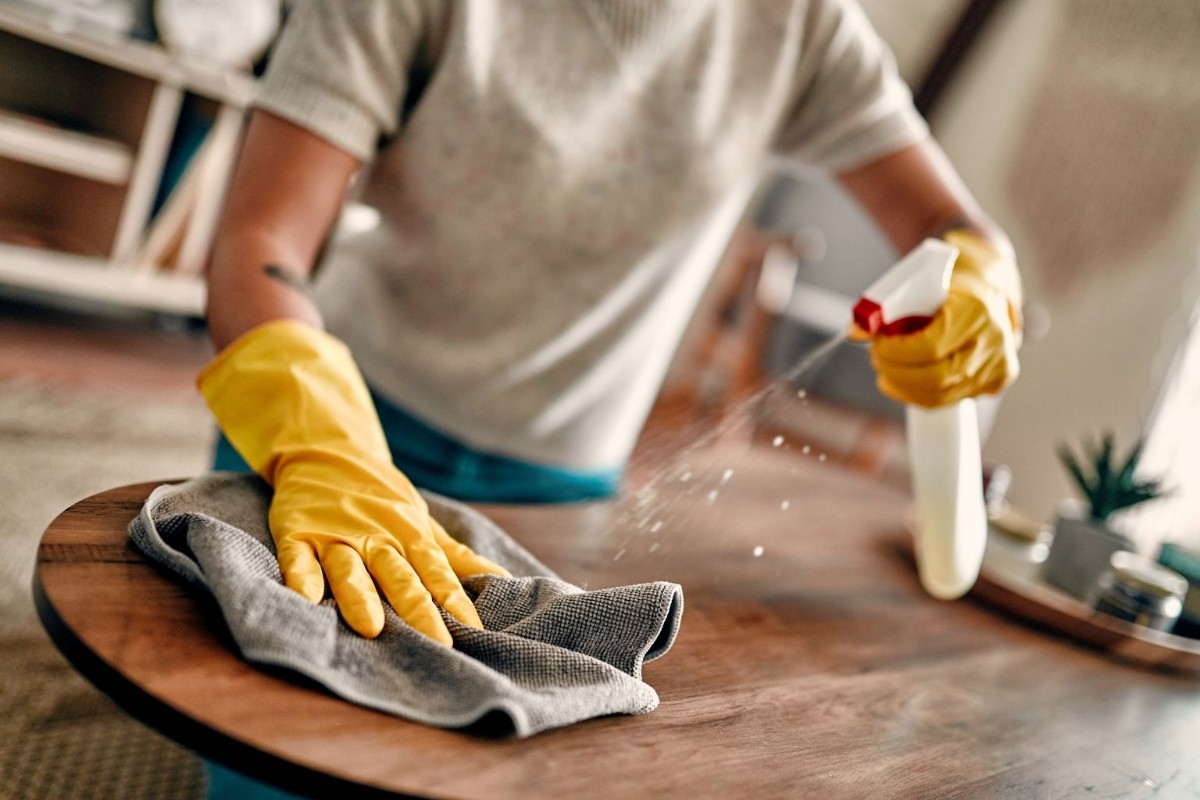Can Cleaning Prevent Depression? Research Says Yes
I didn’t used to believe that wiping counters or scrubbing the sink could actually affect my mood. I mean, come on—who gets happy from folding laundry, right? But one morning, after finally cleaning the windows in my bedroom (they hadn’t seen a rag in months), I sat down with my coffee and felt… lighter. Not just in a “yay, chores done” kind of way, but like something heavy in my chest had been shuffled off. Weird? Maybe. But turns out, there’s science to back it up.
Wait, Cleaning and Mental Health? Yup.
So here’s the thing: clutter messes with your brain. It’s not just about being annoyed when you can’t find your keys (though, ugh, that too). Research from UCLA and Princeton has shown that disorganized spaces increase stress levels and mess with your focus. And if you're already feeling low? That chaos can be like pouring gasoline on anxiety.
I once read a study that said people who describe their homes as “cluttered” or “unfinished” tend to show higher cortisol levels. That’s the stress hormone, if you're wondering. Which got me thinking—maybe cleaning isn’t just about looking tidy. Maybe it’s emotional hygiene too.

5 Concepts That Make This Click
Let’s break this down in a way that doesn’t feel like a lecture. These are the five big ideas that helped me connect cleaning with clearer thinking and less doom-scrolling:
-
Sensory overstimulation: Messy environments bombard your brain.
-
Decision fatigue: More clutter = more decisions.
-
Micro-success loops: Small tasks = small wins = dopamine hits.
-
Movement matters: Cleaning = mild physical activity = endorphins.
-
Visual order = inner calm: Our brains love symmetry and flow.
And yes, cleaning your kitchen counts. I know it sounds obvious, but wiping crumbs off the counter can be… oddly therapeutic. Try it sometime when your thoughts are spiraling.
A Real Story (a.k.a. What Changed for Me)
Back during lockdown, I hit a pretty dark patch. Not sleeping much. Not moving much. Not... much of anything, honestly. One of my friends, who’s basically an anti-anxiety guru, told me: “Just clear one surface.” That’s it. I laughed. Then I cleaned my coffee table.
Then I vacuumed. Then I organized a drawer. And slowly, like someone adjusting the flooring of a wobbly house, things felt sturdier. Was I cured? Of course not. But I wasn’t drowning either.
Okay, But How Do You Start?
If you're feeling heavy and messy and low-key numb? Don’t Marie Kondo your whole life. Just pick one tiny thing. Seriously. Like:
-
Toss three things you haven’t used in years.
-
Clean out one mug.
-
Wipe down the bathroom mirror.
-
Use an actual organizer for that junk drawer.
You don’t need Pinterest perfection here. The goal is momentum, not minimalism. One small win leads to another. And sometimes, in the middle of vacuuming under your bed, you realize your heart feels a little less gray.
So, What’s In It for You?
This isn’t about turning you into a neat freak. It’s about getting your brain a bit more breathing room. Here's what I noticed (and friends have echoed too):
-
You sleep better. No joke.
-
You feel less... yanked around by life.
-
You make clearer decisions. Even tiny ones like "do I want cereal or eggs?"
-
Your body gets some movement without needing a whole gym thing.
-
You start seeing progress in places that felt stuck.
Give It a Shot
You don’t need to go full KonMari. Just pick a corner, breathe deep, and start small. Clean a spot, then sit and feel the difference. Maybe even crack open those dusty windows and let in a little air.
Honestly? That 10 minutes of sweeping might do more for your mood than another scroll through Instagram. Try it this week—you’ll see.
